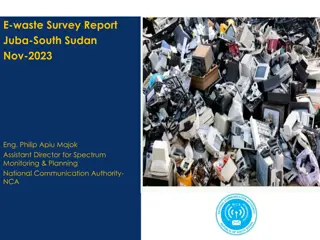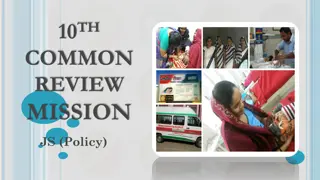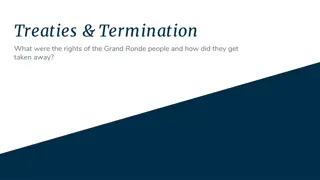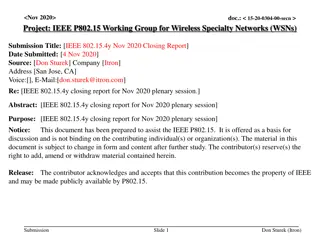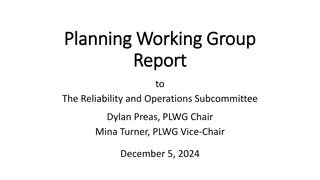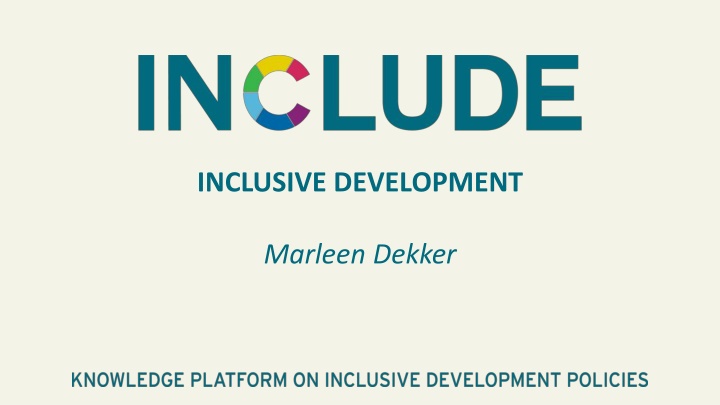
Inclusive Development: Key Policy Areas, Findings and Lessons
"Explore the principles of inclusive development, key policy focus areas, important findings, and valuable lessons for achieving more equitable economic growth and social stability."
Download Presentation

Please find below an Image/Link to download the presentation.
The content on the website is provided AS IS for your information and personal use only. It may not be sold, licensed, or shared on other websites without obtaining consent from the author. If you encounter any issues during the download, it is possible that the publisher has removed the file from their server.
You are allowed to download the files provided on this website for personal or commercial use, subject to the condition that they are used lawfully. All files are the property of their respective owners.
The content on the website is provided AS IS for your information and personal use only. It may not be sold, licensed, or shared on other websites without obtaining consent from the author.
E N D
Presentation Transcript
INCLUSIVE DEVELOPMENT Marleen Dekker
Insufficient amounts Differences increase
Inclusive development Income and non-income dimensions of wellbeing Average achievements in these dimensions improve AND inequalities in these achievements fall Inclusive development is both outcome and a process
Key policy areas for inclusive development 1. Economic growth with structural transformation of the economy 2. Employment policies with a focus on productive employment 3. Reducing poverty and inequality by social protection 4. The provision of basic services 5. Territorial development and spatial equality 6. Quality of governance
Findings Social protection economic empowerment Access to markets increase incomes Vouchers agricultural productivity Informal entrepreneurs formal enterprises Representation aim for unity in action
Findings But! Usually not equally distributed Measures tend to benefit those that are already in a preferable position more
Inequality is bad For economic growth, social cohesion and political stability Redistribution helps economies to grow faster and more sustainable
Lessons - Economic (sub) sectors and geographical areas - Monitor who is benefiting and adjust - Understand the needs and constraints of excluded people and try to pull them in - Increase impact of an intervention in context - Combine interventions for more inclusive impacts - Identify strategic actors who can make a difference






